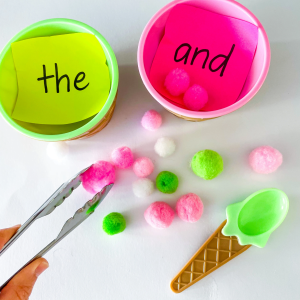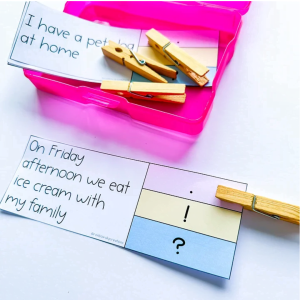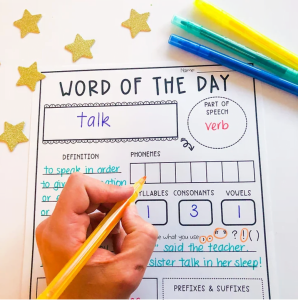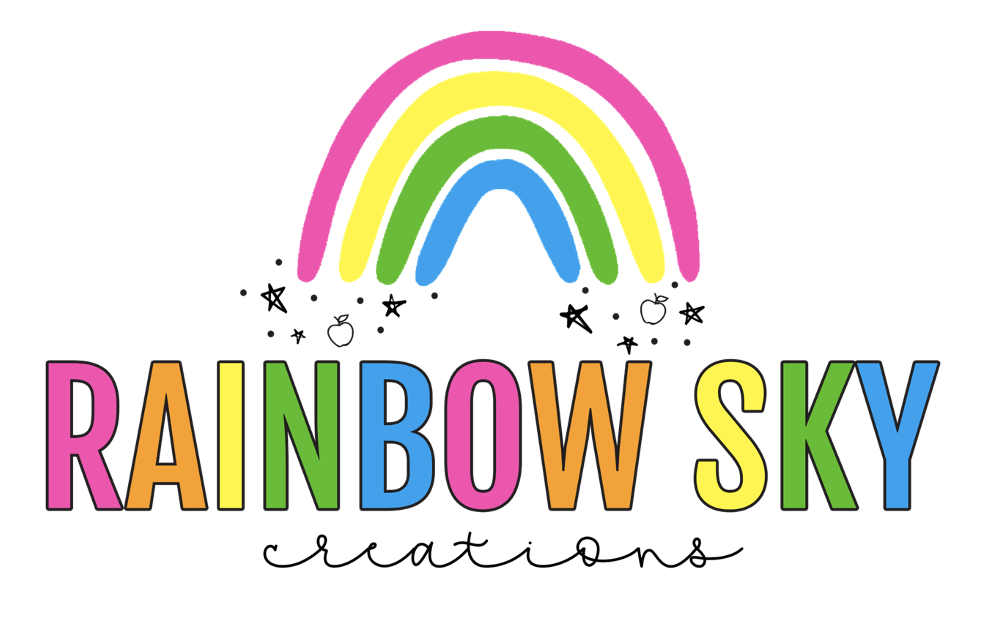Reading Groups can be a hectic time of the day in the classroom. By carefully planning and choosing activities, some of the stress can be taken out of it.
Note about Grouping: Traditionally, we have grouped students according to their reading level. With research that supports the Science of Reading, now teachers are grouping students according to skill development.
We have 5 golden rules we try to stick to when choosing activities for our students to do while we are reading with individuals or small groups. Here are our 5 golden rules for choosing activities:
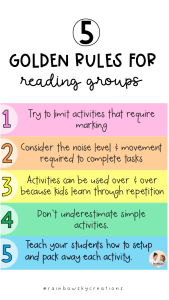
Ok, now we have that covered… Here is a list of suggested tasks that follow these guidelines. Remember we have taken into account that these activities have little to no marking, can be used over and over, are simple (and hopefully quiet) and don’t involve a lot of setting up and packing away.
We know ideas for the upper grades can be limited, but we have included lots of suitable activities for upper primary too (just scroll down). Okay, let’s dive in…
Note: Most of the activities photographed are part of our Reading Groups resource pack inside our membership Transform Your First Years.
Kindergarten/Prep/Foundation
-
Match uppercase with lowercase letters
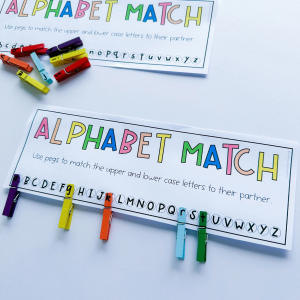
-
Make CVC words, tricky words, heart words using playdough, magnetic letters or letter cards
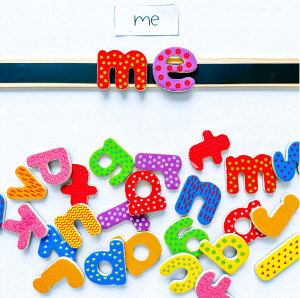
-
Rainbow writing words (using special pens or markers)
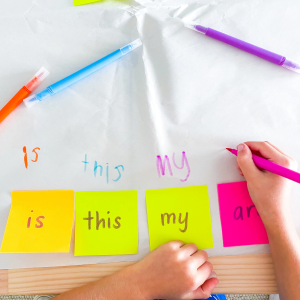
-
Roll and Read focusing on CVC words or word families
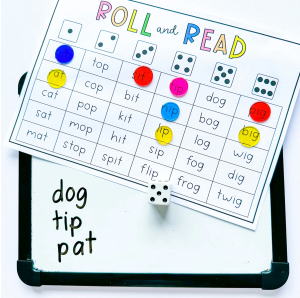
-
Tricky word games such as: memory, bounce table tennis balls into muffin tins and students need to read the word they land on, use pom-pom and tongs to sort and read words
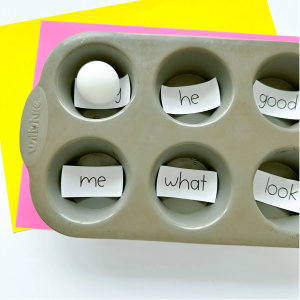
-
Say it, make it, write it
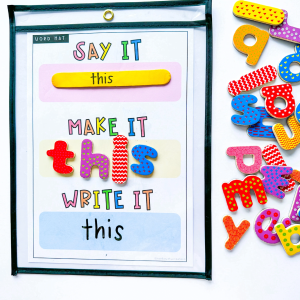
-
Fine motor activities using tongs, tweezers or threading beads. We love to combine it with reading like in the image below.
Grade 1 & 2
-
Word mapping using focus words or tricky words (heart words if you are following the Science of Reading)
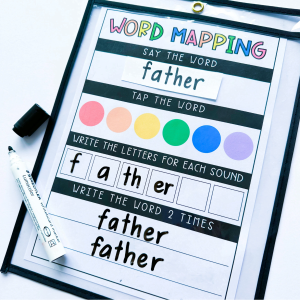
-
Rainbow writing words or sentences
-
Syllable counting
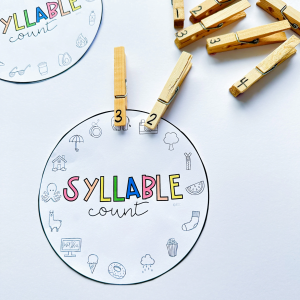
-
Sorting everyday objects according to the number of syllables
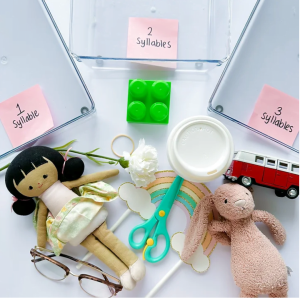
-
Sorting nouns, verbs and adjectives
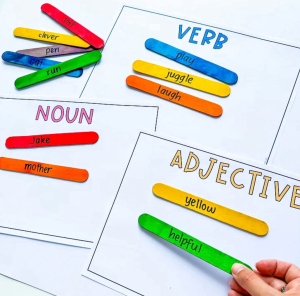
-
Contraction spelling puzzles (this is good for revision for Grades 3-4 as well)
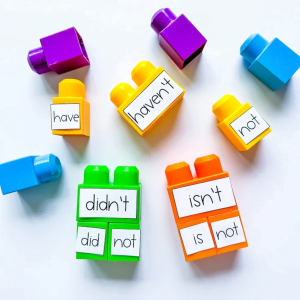
-
Punctuation clip cards
Grade 3 & 4
-
Punctuation police (a fun way of getting students to edit a text)
-
Segmenting words (use your focus words / graphemes)
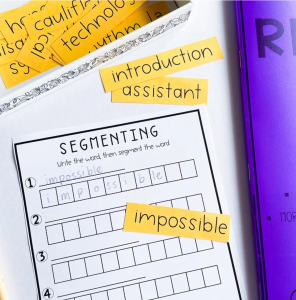
-
Homophone dominoes
-
Using word wheels to scaffold writing sentences
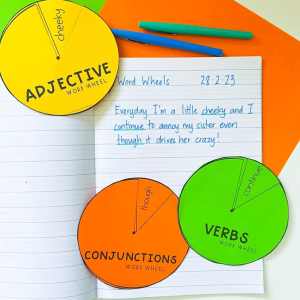
-
Make a list spinner games
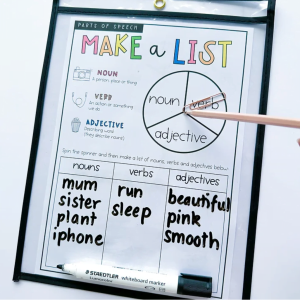
-
Create a mini dictionary using vocabulary found in reading texts
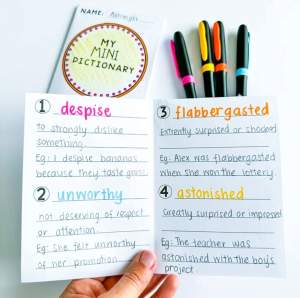
-
Punctuation spinner games
Grade 5 & 6
-
Listening to podcasts. Some examples include: Imagine This – puzzling science questions; The Fact Detectives – About two curious kids on a mission to find out all the cool facts about everything!; Fierce Girls – Stories about extraordinary Aussie women.
-
Summarizing a text using only emojis
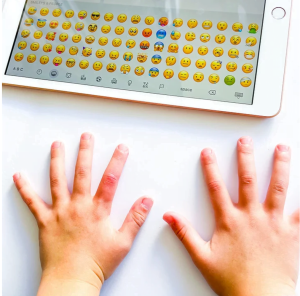
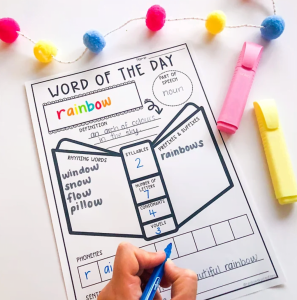
-
A mini project, such as a flipbook (that is scaffolded to complete independently) that will engage them in fiction or nonfiction literature. It is also a good chance to integrate other learning topics into your literacy groups too. Examples include our Roald Dahl flipbook, Harmony Day flipbook or Growth Mindset flipbook.
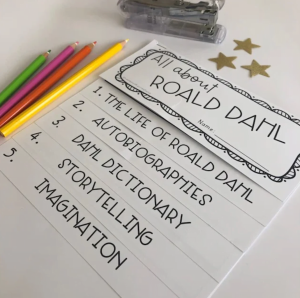
-
Independent Writing prompts (find the writing prompts in the image here).
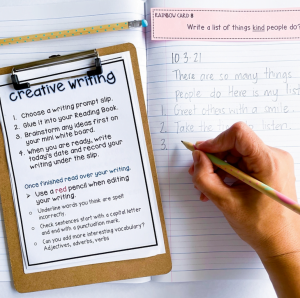
-
Reading retell
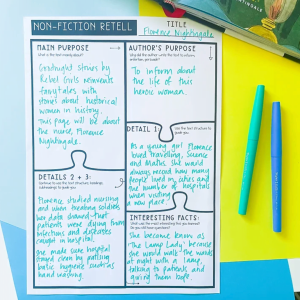
-
Sorting figurative language tasks
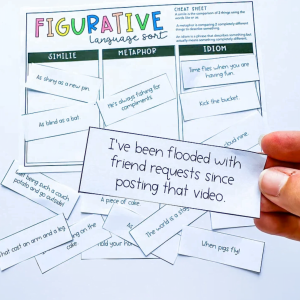
-
Sorting figurative language Noughts & Crosses (you can swap out terms for anything you are working on!)
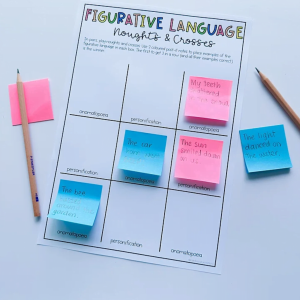
-
Hexagonal thinking

“Make your reading groups sustainable. Don’t make new activities every week for each rotation. New activities mean more time teaching the activity. Focus on activities that allow for simple rollovers and routine for success.” James (Year 3 teacher)
We know a lot goes into planning Reading Groups so they run smoothly, and more importantly, students are learning! We hope this gives you some inspiration to guide you in choosing fun and engaging activities.
Note: Most of the activities photographed are part of our Reading Groups resource pack inside our membership Transform Your First Years.
In the month of March, we are going to be focusing on All things Reading Groups inside Transform Your First Years
(our supportive teacher membership).
Want in? There just may be an opportunity. Join our waitlist to learn more! But be warned… this will be time sensitive.
Before you go, you might want to grab this FREEBIE to help you with Reading Groups in your classroom. Click here and we will send it straight to your inbox. Enjoy!
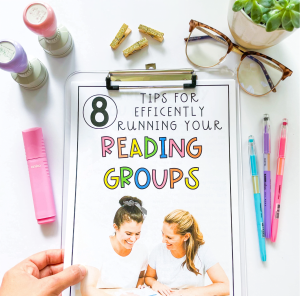
What to read next?
Common Mistakes Teachers Make When Running Reading Groups
8 Strategies to Efficiently Run Reading Groups
Integrating Technology Easily Into Your Reading Groups

